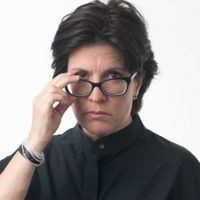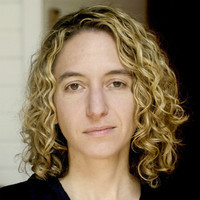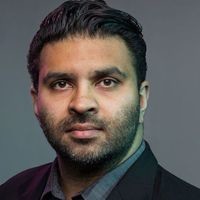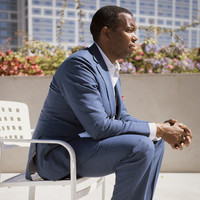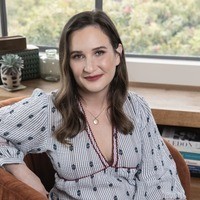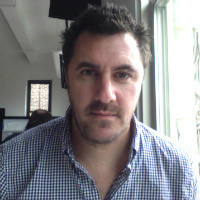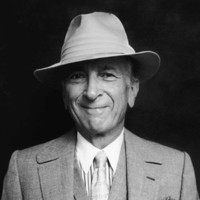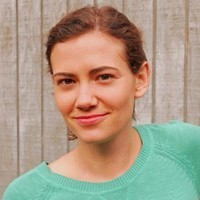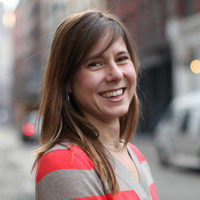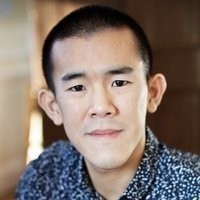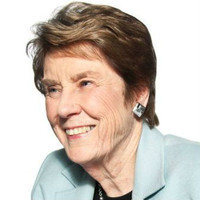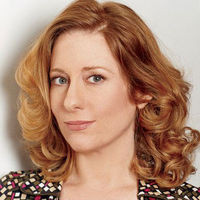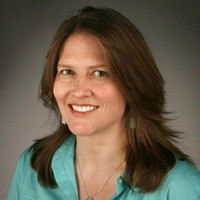Kara Swisher is the executive editor and co-founder of Recode.
“I do the work. I just work harder than other people. I really do. I work harder, I interview more people, I call more people, I text more people. And so I find out, and they can not talk to me — fine. I know anyway. I’d like to talk to you, I’d like to give you a chance. I’d like to be fair. I’d like to hear your side of the story. And the most important thing is, I think smart people – and these are very smart people — like smart questions. They don’t like the fawning questions. They don’t like being licked up and down all day. Some of the day they like it. They want someone who knew them before they were billionaires. Because when you’re a billionaire, every day you’re so smart. Everyone wants something from you.”
Thanks to MailChimp, Mubi, and Findaway Voices, for sponsoring this week's episode. And thanks to Pop-Up Magazine for making our live show possible!
